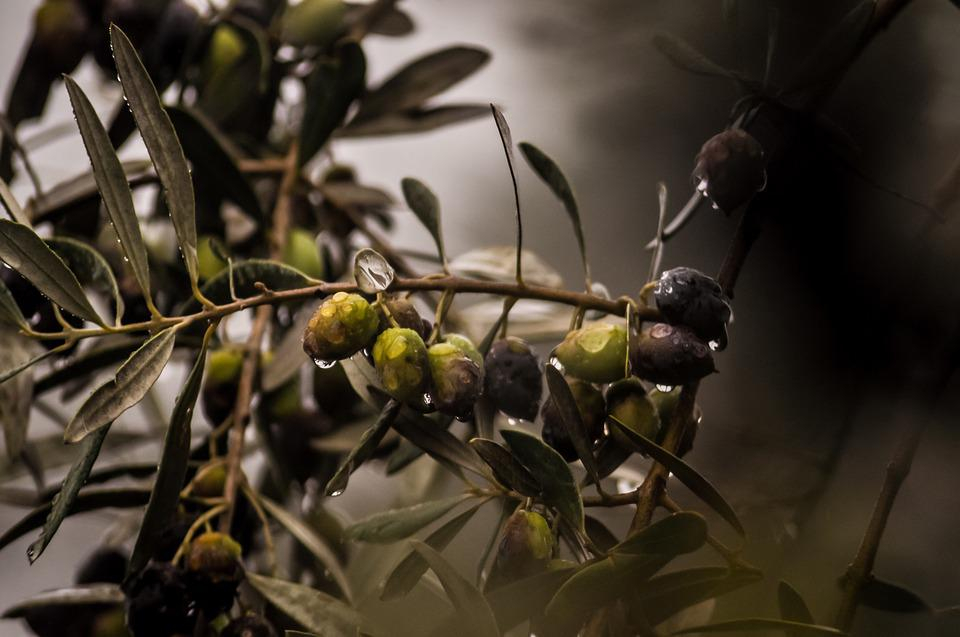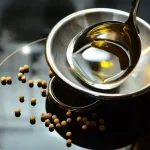As Poslovni Dnevnik writes, the story of wild olives was practically forgotten in Croatia, but scientists, experts and other enthusiastic olive growers are bringing it back to the present day and saving it from being totally lost to the often cruel hands of time, reports HRT.
“A wild olive is any olive produced from a seed, i.e. by generative propagation. Within the entire population of wild olives, we distinguish two subgroups, one is the original true wild olive, which are very difficult to find, because they’re a far cry from the cultivated ones. Another variant is the so-called ”seed type”, these are olives that also came from seeds, but are the typically the product of a cross between cultivated olives and wild ones,” explained Dr. Tatjana Klepo.
Teo Santic produces Postira olive oil, he’s very much an innovator at heart and he wanted to create something a little bit different, so he decided to restore the process of using wild olives, and now he has about seventy of them.
“I’ve been making olive oil for ten years now and every year it’s been getting better and better, and last year and the year before last, when I had the best possible option for that oil, I won a gold medal,” said Teo Santic, the creator of Postira olive oil which stands out from the rest.
Wild olives can be distinguished by their leaves, which are small, thin and prickly branches, and by the fruit, which is small and has very little pulp from which the oil is squeezed.
“That’s why they’re not cultivated, because they don’t have a large amount of oil in the olives, somewhere between five and seven percent can be obtained on average,” added Santic.
Wild olive oil is something completely new and different, and it has been very much forgotten about in Croatia, despite its long tradition of making olive oil all along the coast and on the islands. It’s tasty, a little tart, but extremely high quality. Despite the fact that these wild olives were forgotten on neglected areas and that they were included in the proper programme only ten years ago, they definitely have their importance.
“They are like a reservoir of genes for resistance; drought resistance, genetic resistance to diseases, both against those diseases which are already present and those that are yet to come, resistance to a whole hosts of parasites and pests, to a whole series of factors that can or have already affected olive growers in the production process,” said Klepo when explaining how important it is that people like Teo Santic and his Postira olive oil are bringing the use of wild olives back from the brink.
For more, check out Made in Croatia.










